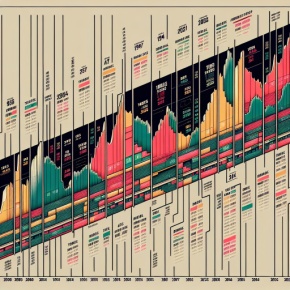Since valuations have never been a good predictor of short-term price changes, they tell investors very little about what might happen next year.
Outlook
2555 posts
Global monetary policies diverge sharply, with the U.S. Fed navigating inflation and labor markets while other central banks cautiously extend their rate-cutting cycles.
The effects of recent shocks in global macro policy and politics seem to have simmered down only to reverse.
Global markets readjust to reflect the anticipated realities of policies under the new administration.











